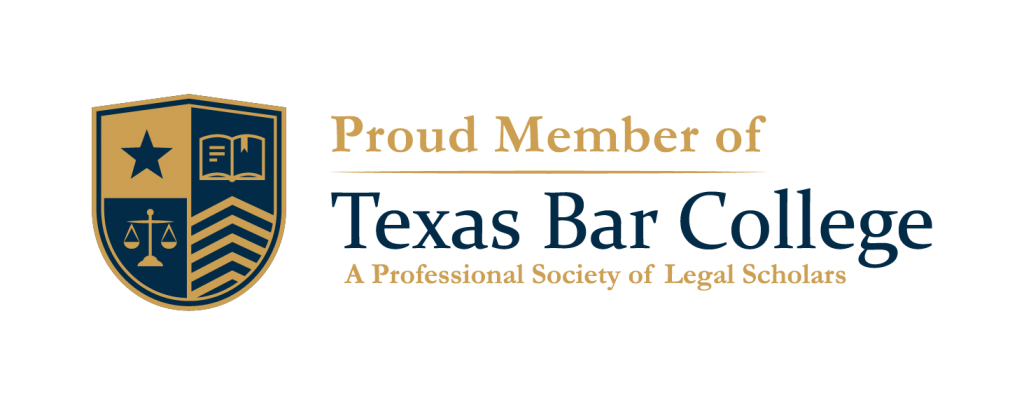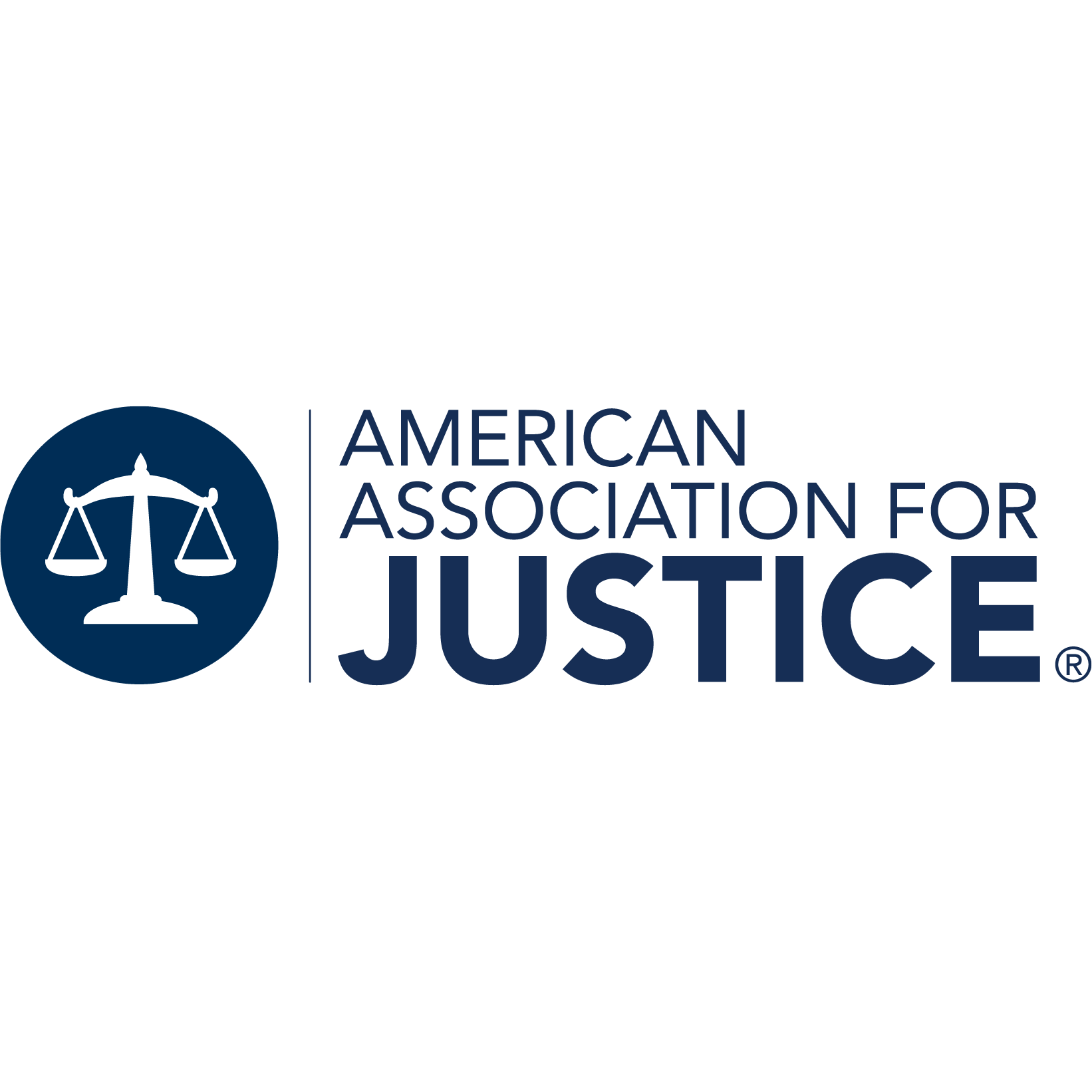Our firm has achieved some of the highest judgments and settlements under the Federal Tort Claims Act across multiple states. With a track record of setting legal benchmarks nationwide, we are committed to delivering exceptional outcomes for our clients.



Across the United States
Achieving Justice Nationwide with Unparalleled Verdicts and Settlements
National Trial Law has a storied history of securing landmark verdicts and settlements across the United States. Notable achievements include a $230 million judgment for survivors of the Sutherland Springs Church mass shooting, a $44.7 million trial judgment for a birth injury at an Air Force hospital, and a $21.5 million verdict for a veteran who suffered catastrophic brain damage due to malpractice at the Manchester VA Hospital—the largest personal injury award in New Hampshire history. These results underscore the firm's dedication to holding institutions accountable and delivering justice for their clients.
-
Record-Setting $230,000,000
Trial Win Sutherland Springs Mass Shooting
Highest Verdict and Settlement in FTCA History -
Record-Setting $44,717,681
Trial Win Air Force Birth Injury -
Record-Setting $21,592,643
Trial Win VA Medical Malpractice -
Record-Setting $10,500,000
Settlement VA Medical Malpractice
Federal Government Liable for Over $230,000,000 in the Sutherland Springs Trial.
On Feb. 7, 2022, the Federal Court issued a verdict against the United States for over $230,000,000. Read the full verdict here.
Listen to attorney Jamal Alsaffar speak about the case on the podcast, Trial Lawyer Nation.
Federal Trial
Our attorneys were lead counsel in a case against the Air Force on behalf of 19 families and survivors of the Sutherland Springs shooting. On July 7, 2021, the court found the U.S. Government 60% liable for failing to provide the shooter’s domestic violence convictions to the FBI. You can find the opinion here. Below is a compilation of additional materials from the trial.
Appeal

What Damages Can Be Recovered?
Victims of this tragic shooting may be able to recover damages for wrongful death and survivor damages. The damages available include damages for physical pain and mental anguish, lost earnings, funeral and burial expenses, loss of consortium and other damages. Survivors of the shooting may be able to recover for past and future medical expenses, lost earnings, physical pain and mental anguish, physical and mental impairment, physical disfigurement, and other damages.
How Much Do You Charge? Is There Any Risk?
If you or a loved one is a victim of this tragic mass shooting, call us. We may be able to help. Our attorneys do not charge an hourly fee or a retainer. We take cases only on a contingency fee basis, which means we never take any fee unless we recover a settlement or trial judgment on your behalf. Under the FTCA, attorneys’ fees are capped at 20% if the case resolves administratively, or 25% after suit is filed. We advance all case expenses, which can be sizable when suing the federal government. If we do not obtain a recovery on your behalf, we never ask the clients to pay back the expenses. Our clients do not owe fees or expenses unless there is a recovery.
Why Is This Firm the Best Choice for a Sutherland Springs Lawsuit or Claim?
Our firm obtained one of the highest judgments against the Air Force in FTCA history in a Texas case, Dickerson v. United States. We have decades of experience bringing claims against the Air Force both administratively and in trial in federal court. We have taken cases against the Air Force all the way to the United States Supreme Court on behalf of our clients. Our lawyers have a proven track record and can represent you from the administrative claim stage all the way to the United States Supreme Court if necessary. We know the players in the Department of Justice who have the power to resolve high-stakes claims and we have the financial resources and experience to bring your claim against the Air Force. Our attorneys have decades of trial experience and are able to assist you in this process. Please contact us if you need a free evaluation of your claim.
Contact Our Attorneys
If you have been the victim of a mass shooting, contact Whitehurst, Harkness, Brees, Cheng, Alsaffar, Higginbotham & Jacob PLLC for a complimentary telephone consultation today.
-
PEER APPROVED
More attorneys named Super Lawyers by Thomson Reuters in the “Personal Injury Medical Malpractice: Plaintiff” category in 2014, 2015, 2016, 2017, 2018, 2019, 2020, 2021, 2022, 2023, 2024, and 2025, than any other law firm in Texas (Bill Whitehurst, Chip Brees, Michelle Cheng, Jamal Alsaffar, Laurie Higginbotham and Tom Jacob)
-
RECORD-SETTING RESULTS NATIONWIDE
-
TEXAS ROOTS
Founded in Austin with more than 50 years of trial experience.
-
NATIONAL REACH
National results in complex personal injury litigation.
-
DEEP BENCH
Many experienced lawyers ready to serve you.
-
SE HABLA ESPAÑOL
Our team has multiple Spanish speaking staff members.



.2408191542317.jpg)







.2504041633274.png)




